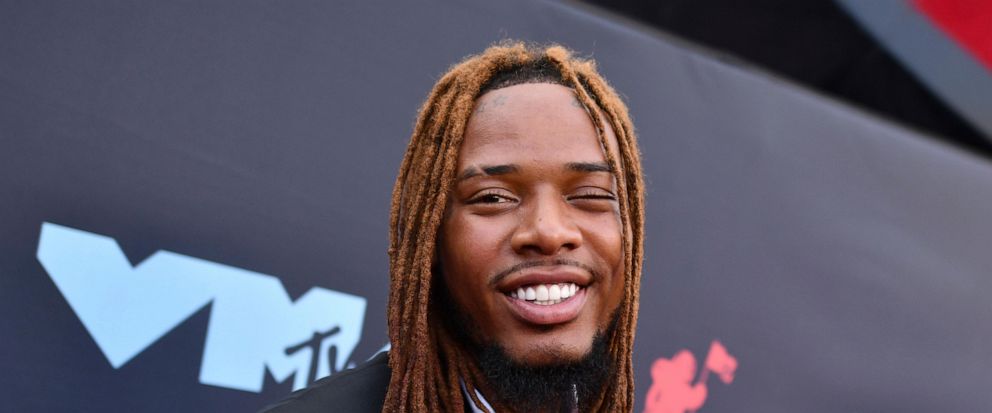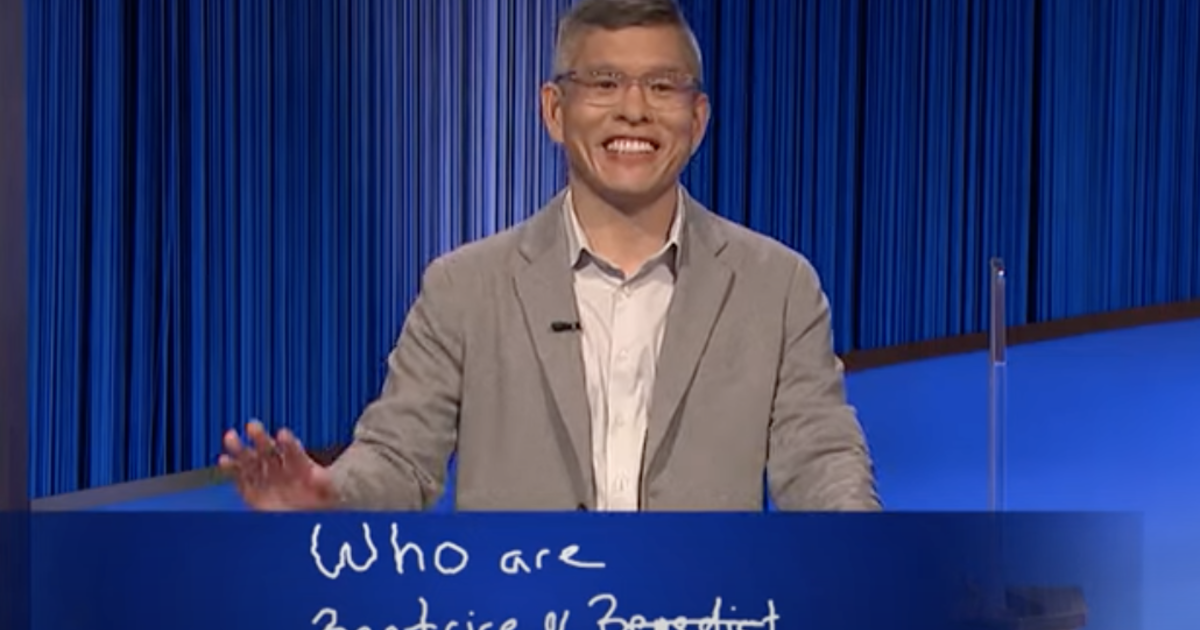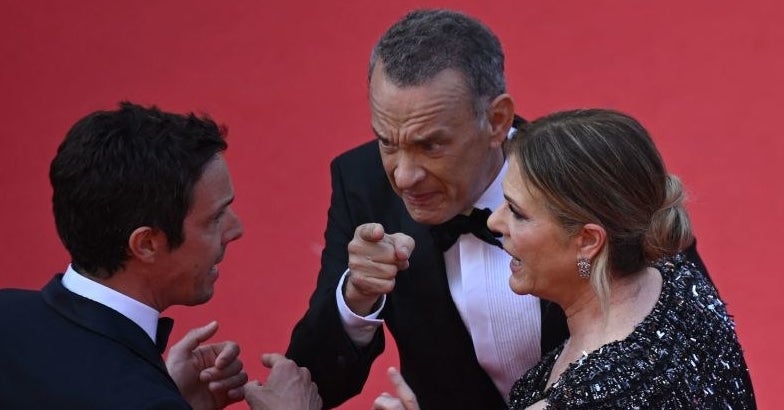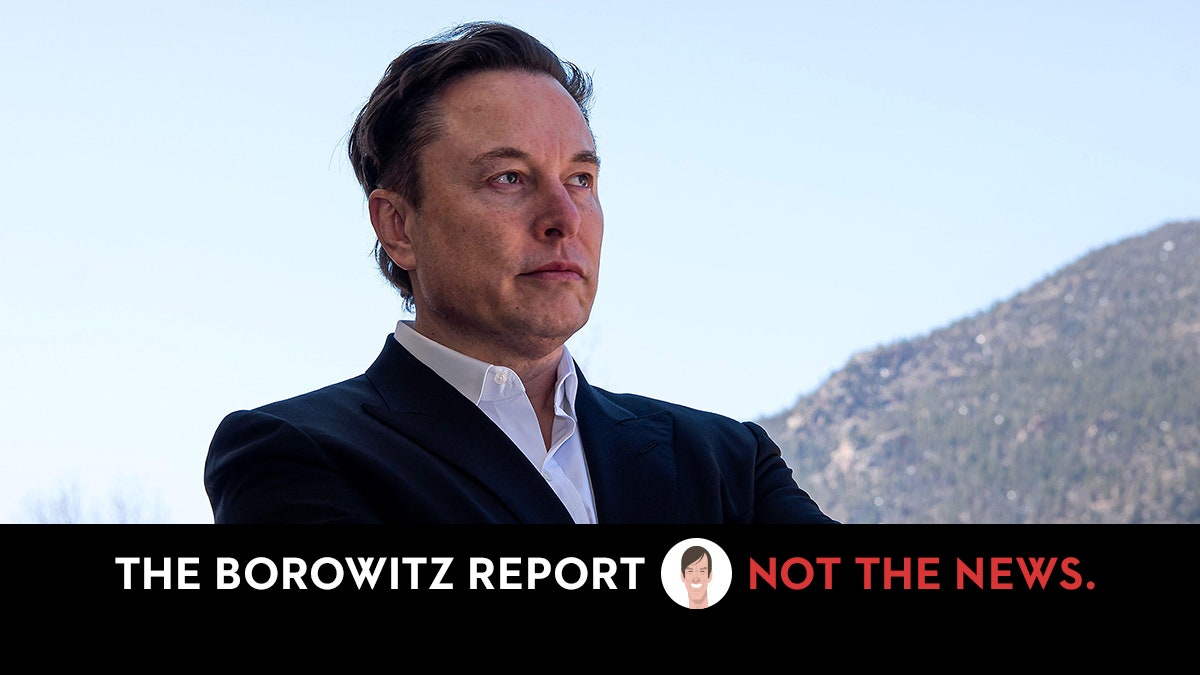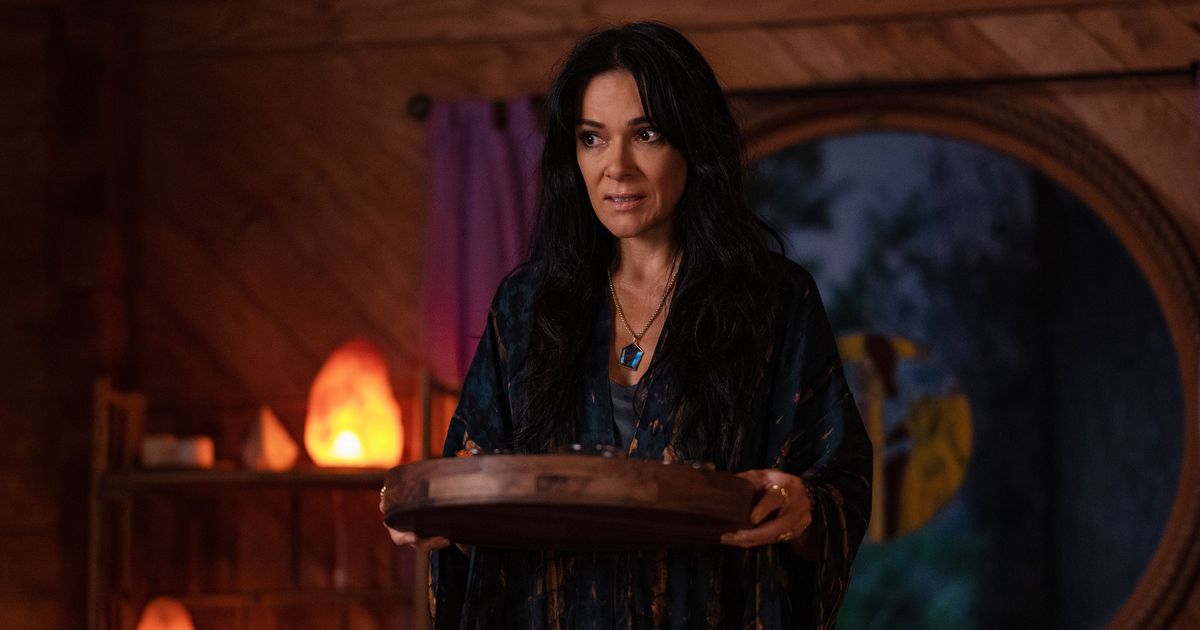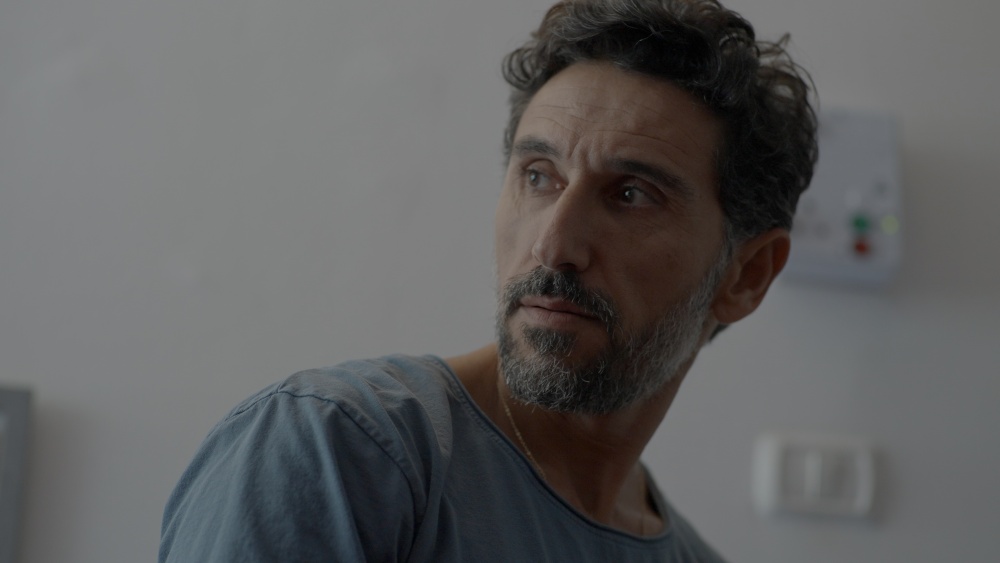Cannes: ‘Monster’ movie, Johnny Depp and another controversy
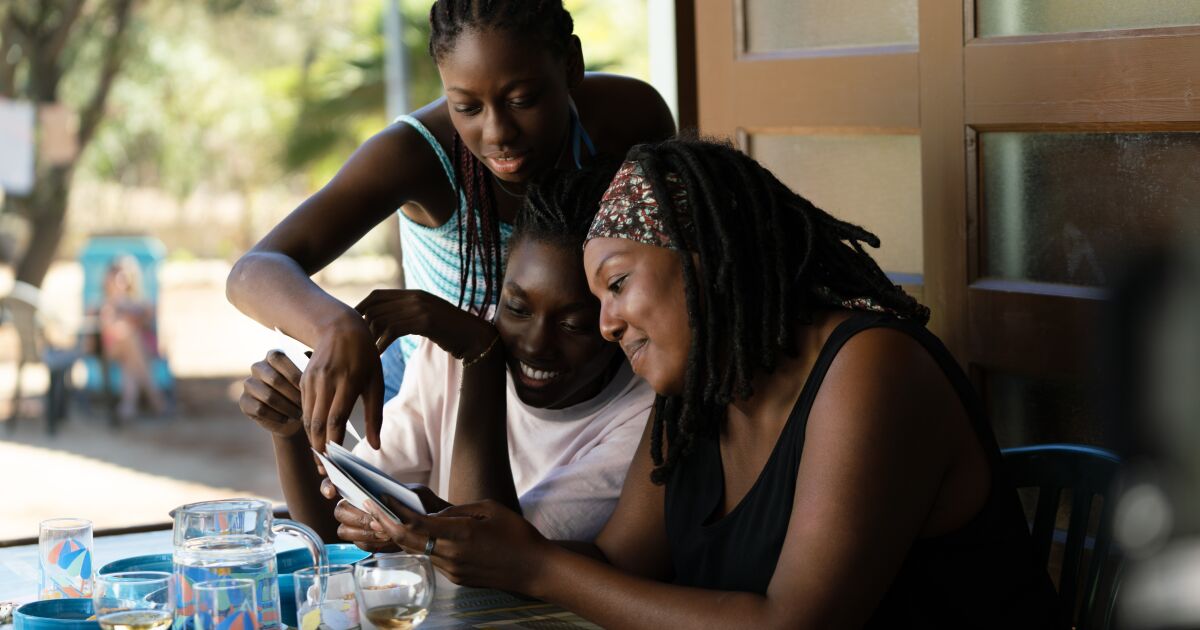
“This is my worst Cannes.”
The dripping-wet young woman standing to my right had every reason to complain. There we were, lining up for the one and only Cannes Film Festival screening of Pedro Almodóvar’s short film “Strange Way of Life,” in a long, amorphous queue rendered even more confusing by a sudden afternoon downpour. With hundreds of badge-wearing, ticket-waving, umbrella-holding festivalgoers still standing in line minutes before the screening was due to begin, some of us reassured ourselves that the show clearly wasn’t going to start on time. And since we all had reserved tickets in a 1,068-seat theater, surely we’d eventually get in, right?
Wrong. At a certain point, the dreaded official chorus of “C’est finis! C’est finis!” began, and security guards began turning the crowd away. Some of those waiting in line stayed behind to splutter indignantly and argue their case, to no avail. A few friends and I decided there was nothing to do but to duck into a cafe, have a glass of rosé and chuckle over the strange waste of life we’d just been through.
I look forward to catching up down the road with “Strange Way of Life,” a half-hour queer western starring Pedro Pascal and Ethan Hawke and dreamed up by one of our finest living filmmakers. And I should note that I mention all this — the rain and the shutout and the glitchy ticketing system — in a spirit of amusement rather than complaint. I have, in general, strived never to complain about Cannes, on the grounds than any journalist privileged enough to find themselves in the South of France for 12 days, enjoying (or tolerating) a bounty of cinema from some of the most interesting filmmakers in the world (and Maïwenn), has very little to complain about.
Maïwenn and Johnny Depp in the movie “Jeanne du Barry.”
(Stephanie Branchu)
And the indignity of getting shut out of the occasional or even more-than-occasional screening is not only part of the general Cannes experience but also, this year in particular, an encouraging sign of life. This is the 76th Cannes Film Festival on record, and the third edition of Cannes to take place since the pandemic shut down the festival in 2020. Based on my own highly unscientific personal survey of crowd sizes and colleagues in attendance, it’s the first one that feels as though it’s truly operating at close to full force.
The screening rooms are packed; the restaurants too. Inside the swarming Palais des Festivals, the enormous beachside compound where the festival’s official selections are screened, complimentary espressos are sipped with more-than-usual haste as festivalgoers dash off to their next screening, or appointment, or meltdown. When the middling period drama “Jeanne du Barry” kicked off the proceedings on Tuesday night, foot traffic on the Boulevard de la Croisette (basically the PCH of Cannes) came to a ritualistic standstill as gawkers lined up for a last-minute ticket — or, barring that, a glimpse of the movie’s embattled co-lead, Johnny Depp. That will be a mere warm-up for the gridlock that awaits Thursday’s world-premiere gala of “Indiana Jones and the Dial of Destiny,” which will find Harrison Ford hitting the red carpet with his director, James Mangold, and his co-star, Phoebe Waller-Bridge.
All of which is to say that this hasn’t been my worst Cannes, not by a long shot. That’s an early assessment, to be sure, and one that some will disagree with. I have little to add to the brouhaha surrounding “Jeanne du Barry,” whose negligible virtues have been roundly and perhaps deliberately eclipsed by its own controversy-mongering headlines. As the 18th century French commoner turned royal courtesan of the title, the movie’s director and star, Maïwenn, mugs and vamps and leers up a storm. As Jeanne’s Versailles sugar daddy, King Louis XV, Johnny Depp, returning to cinematic prominence for the first time since his ugly defamation trial against ex-wife Amber Heard, spends most of the two hours looking louche, powdered and bored.
There isn’t much more to say. The movie is a polished, well-made affair (Depp’s smallpox pustules look scarily state-of-the-art) but also a disappointingly juiceless one, with little of the messy go-for-broke filmmaking energy that Maïwenn has brought to better, rougher works like “Polisse.” Its one interesting idea — here were two characters whose breaches of decorum and protocol scandalized a rigidly structured, wackily dressed and hopelessly preening French aristocracy — is interesting mainly as a commentary on Cannes itself.
A superior opening-night film screened Wednesday in Directors’ Fortnight, an independently organized event that runs parallel to the festival’s official selection. Located just a few minutes’ walk up the Croisette, the Fortnight this year smartly chose to kick off with “The Goldman Case” (“Le Procès Goldman”), Cédric Kahn’s impeccably written and furiously acted re-creation of the 1976 murder trial of the French far-left intellectual and activist Pierre Goldman (a galvanizing Arieh Worthalter). A taut and rigorous piece of storytelling in which seething tempers and unruly politics are forever on the verge of leaping out of the movie’s tightly framed, square-shaped images, the movie may concern itself with distant events, but its subjects — antisemitism, police corruption, political awakening — are very much of the present.
Meanwhile, the official competition got off to a solid if not overwhelming start with “Monster” (“Kaibatsu”) and “Homecoming” (“Le Retour”), two very different, equally absorbing family dramas that touch on ideas of cross-generational misunderstanding. “Monster,” the latest from the prolific and much-beloved Japanese auteur Hirokazu Kore-eda, employs a three-part parallel structure to tell the story of a devoted single mom (Sakura Ando), her troubled young son (Soya Kurokawa) and a schoolteacher (Eita Nagayama) who’s accused of violence against a student.
Hirokazu Kore-eda’s “Monster” (“Kaibatsu”).
(Cannes Film Festival)
The movie’s “Rashomon”-esque conceit and compassionate overarching theme — you really, really never know what’s going on with another person — are more effective in theory than in the oft-contrived execution. But this absorbing, ambiguously titled movie builds to a moving finish, one that reaffirms Kore-eda’s peerless skill at directing young actors in particular; after a couple of disappointments (“The Truth,” “Broker”), it’s easily his best work since “Shoplifters,” which won the Palme d’Or here five years ago. (It also features one of the last film scores composed by the great Ryuichi Sakamoto, who died in March.)
“Homecoming,” a new drama from the French filmmaker Catherine Corsini, follows a Black family of three — a mother (Aïssatou Diallo Sagna) and her two daughters (Suzy Bemba and Esther Gohourou) — as they return to Corsica, years after they abruptly moved away. As they settle in for a summer that proves less idyllic than planned, tempers are bared, secrets are spilled, drugs are consumed and bodies are groped in curious, feverish ecstasy. Corsini leans a little too hard on narrative convenience, but she also has a gift for illuminating everyday racism — the matter-of-fact microaggressions, the unspoken anxieties — in a story of youthful alienation and restlessness. Whenever believability falters, Corsini and her fine actors manage to pull you back in.
Her collaboration with those actors, however, has come under some scrutiny. Last month, Corsini and her producer Elizabeth Perez published an open letter denying allegations of wrongdoing on the set of “Homecoming” — specifically, that an intimate scene between minors had been added to the script without the knowledge or approval of those tasked with ensuring the young actors’ safety. (The offending scene didn’t make the final cut.) The allegations nearly kept Corsini’s film from being slotted in competition, though it ultimately was, late in the game, after an investigation that apparently satisfied the festival’s selection committee.
Whether future Cannes controversies await — major or minor, trumped-up or genuine — remains to be seen. Along with, God and weather and queues permitting, a lot more movies.


